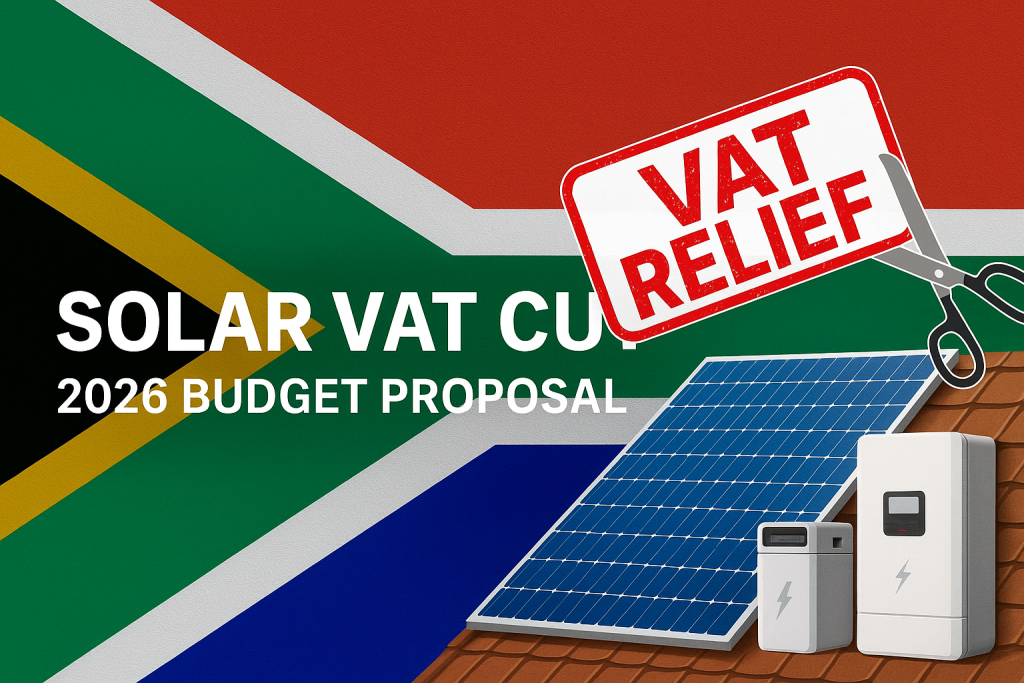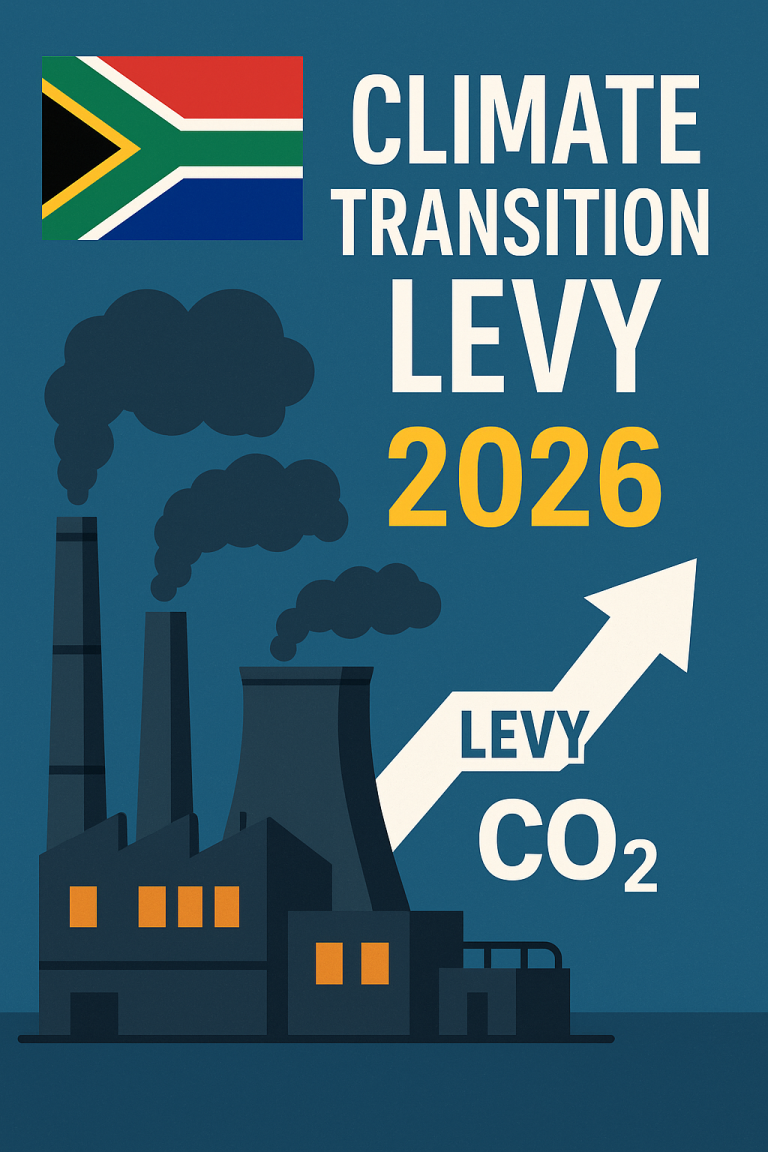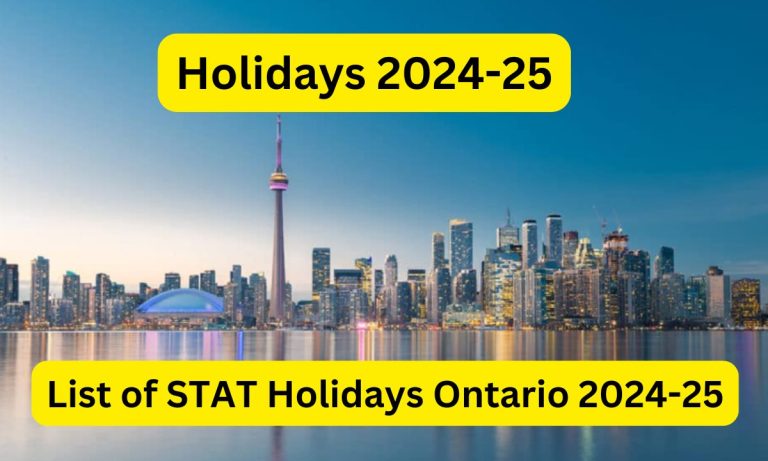South Africa Considers Retail VAT Reform with Cuts on Solar Panels and Batteries
South Africa’s National Treasury is drafting proposals to temporarily reduce VAT on household solar panels, inverters, and batteries. The plan, under discussion for the 2026 Budget, aims to accelerate adoption of small-scale renewable energy and reduce the burden of load-shedding on households.
See Also: SASSA Status Check

If approved, the reform would mark the first time VAT is used as a direct incentive for household energy transition in South Africa. By making renewable kits more affordable, the state hopes to empower households while easing demand on Eskom’s struggling grid.
Install: SASSA App
Why VAT Cuts for Solar Matter
The Load-Shedding Crisis
Households face daily blackouts costing the economy billions. A VAT cut would help more families install backup energy.
Affordability Gap
The upfront cost of solar kits remains high. Cutting VAT from 15% to 0% could reduce the price of a R100,000 system by R15,000.
How the VAT Reform Could Work
Eligible Products
- Rooftop solar panels
- Inverters
- Battery storage systems
- Installation services may also qualify
Duration of Relief
Treasury is considering a two-year VAT holiday (2026–2028) with later review based on adoption rates.
Check Out (For SASSA Beneficeries): SASSA Payment Dates
Impact on Households and SMEs
Household Savings
A middle-class family installing a solar kit could save thousands upfront, plus reduce monthly electricity bills by 30–40%.
SME Benefits
Small businesses hit hardest by outages would also benefit, boosting productivity and protecting jobs.
Industry and Retail Impact
Surge in Demand
Retailers like Builders Warehouse and Makro anticipate sales spikes. Analysts predict a 25–30% increase in solar kit sales if VAT cuts pass.
Local Manufacturing Boost
VAT relief may encourage local assembly of batteries and inverters, supporting industrial policy goals.
Policy and Fiscal Considerations
Cost to the Fiscus
The VAT cut could reduce Treasury revenue by R8–10bn annually. Officials argue the long-term economic benefits outweigh short-term losses.
Equity Concerns
Critics warn VAT cuts may benefit wealthier households more. Treasury is exploring complementary subsidies for low-income families.
Regional and Global Context
Lessons from Europe
Germany and Spain have used VAT relief on solar with significant uptake. South Africa aims to replicate those successes.
Africa’s Energy Transition
If successful, South Africa’s model could inspire Kenya, Nigeria, and Egypt to experiment with VAT incentives for green tech.
Conclusion
The proposed VAT cut on solar panels and batteries could be a game-changer in South Africa’s fight against load-shedding. By lowering upfront costs, it empowers households and SMEs to invest in clean energy while stimulating retail demand and local manufacturing.
Yes, it comes at a fiscal cost but the payoff in energy stability, productivity, and long-term growth could be far greater. If included in the 2026 Budget, this VAT reform will mark a decisive step toward a decentralised, resilient, and green energy future for South Africa.






